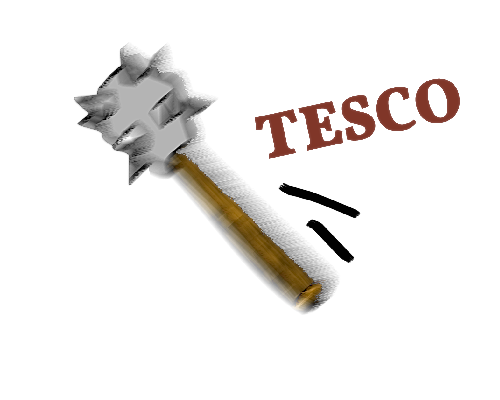Years after leaving the European Union, the United Kingdom is finally preparing to standardise sanitary and phytosanitary border controls for imports of animal products and plant material at the UK border. This long-running shortfall in customs procedures has been a recurring bone of contention.
Those of us with long memories will recall Boris Johnson assuring EU leaders that he had a workable solution for the Irish border. This ground-breaking declaration rapidly degenerated into despair and disillusion as it became increasingly clear that Boris had no intention of delivering any such thing.
Just in case this sounds overstated, listen to Boris Johnson’s biographer Anthony Seldon talking to Sky News about Johnson’s real Brexit agenda. https://www.facebook.com/watch/?v=1009898093714184
This failure has been the elephant in the room haunting European relations ever since. When the UK first announced its intention of becoming a third country, France moved swiftly and decisively to implement a range of Border Inspection Post (BIP) facilities at Calais to complement those available at Dunquerque and Boulogne sur Mer. The substantial investment and recruitment drive was a prerequisite for handling third country imports of animal products and plant material from the world’s newest third country, the UK. The French government was in a position to act in a timely manner, since the state owns all the country’s port facilities, the daily management of which is delegated to local chambers of commerce.
The English situation, on the other hand, is an arbitrary mix of publicly and privately owned ports, in which the larger ones are public assets while many smaller ports are privately-owned and/or run by trusts. These routinely require government legislation to authorise investment capital, often secured against the assets and fabric of the ports concerned. This less-than-satisfactory muddle means that the government could not require some ports to release land for goods inspection facilities without first checking the local management structure(s). The UK government intends to expand its existing provision of inspection facilities along the lines of EU system, seemingly more cheaply than what the EU would charge for inspecting goods travelling in the opposite direction.
The EU has round 400 Border Inspection Posts (BIPs), later renamed Border Control Posts (BCPs). These are equipped and authorised to inspect consignments of specific livestock species and/or products derived from them. Importers need to book an appointment and plan their journey accordingly. Likewise, shipments of fish and plant material will be directed to BCPs that are equipped to inspect them. EU checks on paperwork are capped at around 45 Euros per consignment. Randomised physical inspections cost around 450 Euros for a container and are charged to the owner of the goods concerned. Regardless of any duty payable on the goods, VAT is payable on the inspection fee, as a component of import VAT. The UK government is quite clear in presenting its plans for border checks that it will retain the principle of charging for inspecting paperwork, but charge a single one-size-fits-all fee for all traffic, regardless of whether or not goods are physically checked. (link)
“It is the UK Government’s intention that there will be charging at Inland Sites to recover operating costs which are necessary to undertake physical inspections at BCPs. The UK Government will consult on its proposed methodology and rates in the coming weeks to inform charging levels. The proposal is to administer a Common User Charge on each consignment which enters through Port of Dover and Eurotunnel that is eligible for SPS checks. The charge would apply to all eligible consignments, whether or not they are selected for a BCP inspection. The indicative Common User Charge rate is estimated to be in the region of £20-£43, however final rates will be determined following consultation.”
The document does not specify a price range for physical inspections and it is not clear whether there are enough qualified vets to cover such a requirement. This light touch, combined with the government’s enthusiasm for trusted trader schemes suggests that physical inspections will be the exception rather than the rule.
The extra cost of shipping animal products into Europe as a third country has hit UK exporters, who were not warned in advance. There’s a footnote about import VAT here, by the way.






